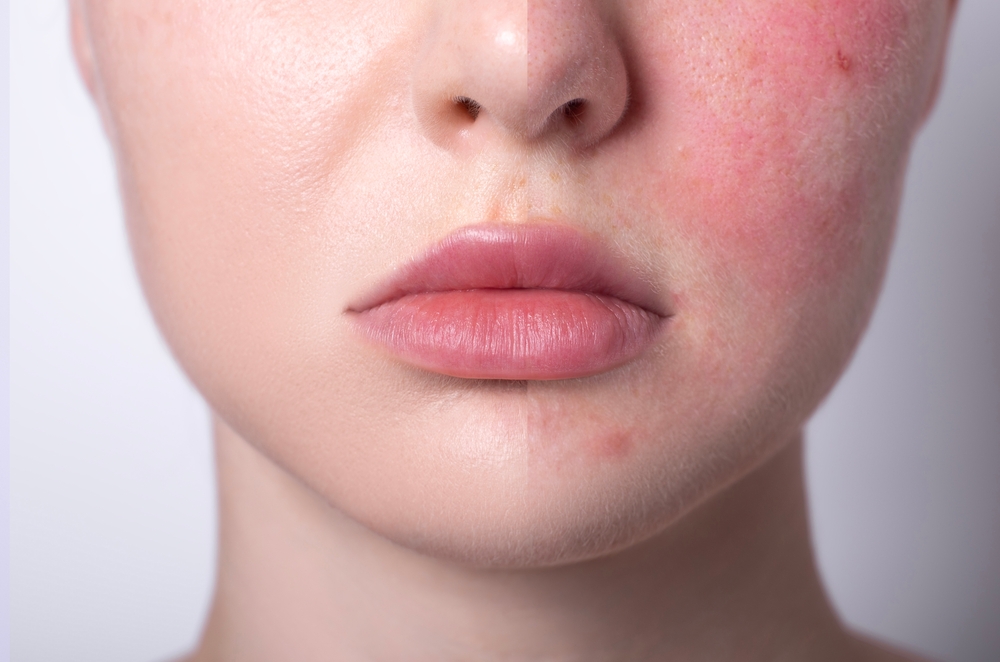Having blood work done regularly to evaluate your current state of health is generally a good idea. However, you have to know what the values mean to be able to put that knowledge to good use. This article will discuss a few values that relate to heart health.
It has become generally accepted that the total cholesterol level itself is not the most important risk factor of cardiovascular disease. More important is the ratio between the level of HDL-“good” cholesterol and total cholesterol that we need to be concerned about. In adults, the total cholesterol/HDL (good) cholesterol ratio should be less than 5.0 (just divide your cholesterol level by your HDL). Generally speaking, the lower the ratio, the better (the lower your risk of a heart attack).
However, HDL is also closely related to triglycerides.
It appears common for people with high triglycerides to have low HDL’s, and these same people also tend to have high levels of clotting factors in their blood stream, which is unhealthy in protecting against heart disease. Therefore, in adults, the triglyceride/HDL cholesterol ratio should be below 2 (just divide your triglycerides level by your HDL). And, since HDL (high density lipoprotein) is protective against heart disease, the lower the ratio, the better.
In other words, the lower your triglycerides, or the higher your HDL, the smaller this ratio becomes. It is believed that the triglycerides/HDL ratio is a very strong predictor of heart disease. It has been quoted that high triglycerides alone increased the risk of heart attack nearly three-fold! And people with the highest ratio of triglycerides to HDL had 16 times the risk of heart attack as those with the lowest ratio of triglycerides to HDL in a study of 340 heart attack patients and 340 of their healthy, same age counterparts.
A poorly controlled diet can be one of the easiest ways to elevate the triglycerides. Simply taking in too many unhealthy fats, more than the body can process efficiently, will lead to excess levels in the blood. But it isn’t always about just the fats. An excess of carbohydrates can promote them as well. If you are diabetic or developing insulin resistance, you are less likely to be getting all the carbs you ingest from your foods into your cells for energy. If the body can’t utilize them properly due to the insulin resistance, it will convert the sugars to fats (triglycerides) and get them out of the blood stream by storing them in your fat cells. So, you either have increased lipids in the blood or you carry around more body fat, neither of which are good for maintaining a healthy heart.
Therefore, you need to control both your fats and your carbohydrates in order to protect your cardiovascular system. This can be done through a proper dietary strategy, regular exercise, and knowing what the lab results are telling you, meaning how you are metabolizing all of your nutrition. Taking a functional approach to maximizing HOW your body works will give you the best results for the good efforts you are undertaking.













